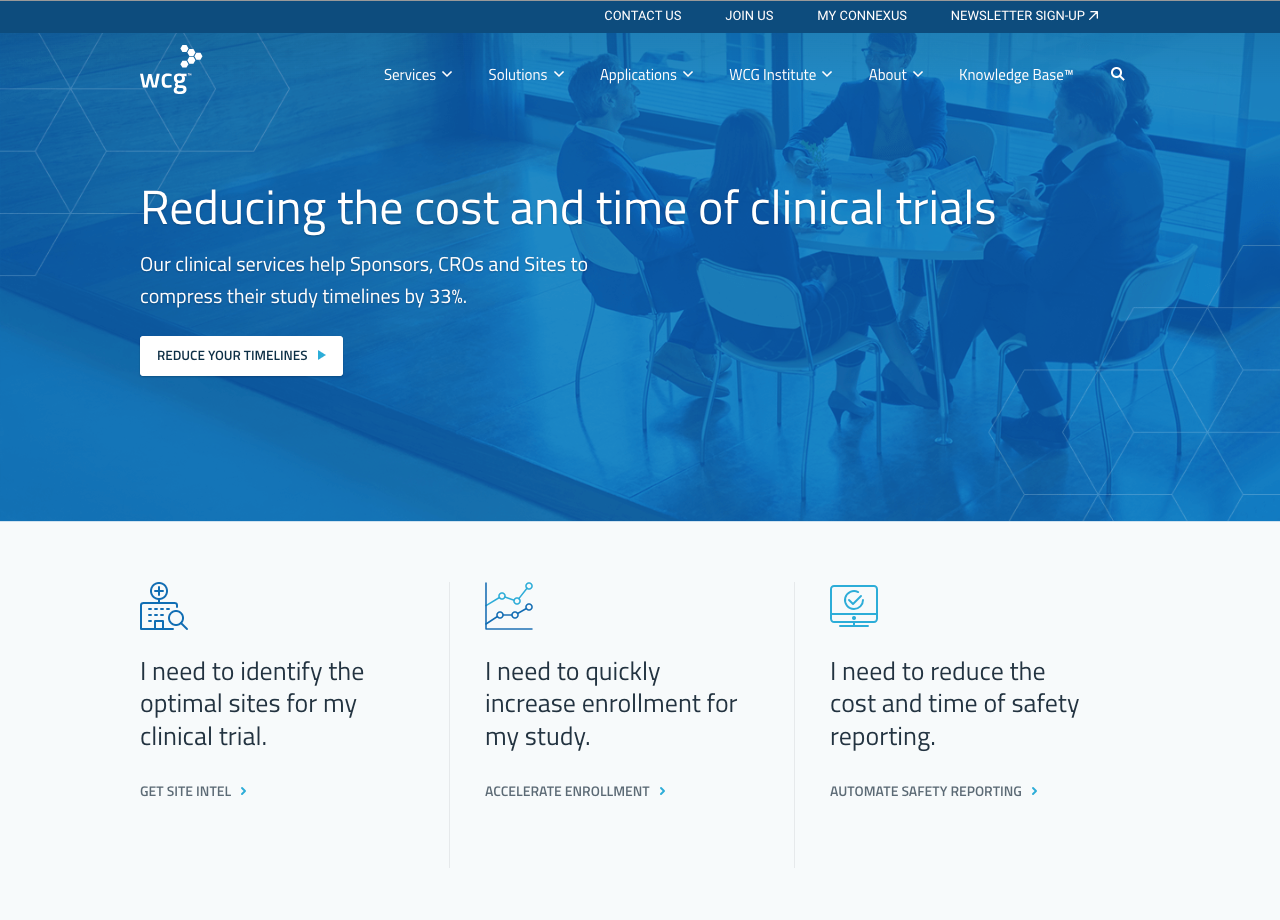Welcome! I’m David Vogel.
I’m a digital marketer who leads in-house B2B marketing teams.
Thank you for visiting my personal site, where you can view my online marketing portfolio and connect with me by email or social media. To learn more about me, please view my bio.
Contact Me
Portfolio
See before/after for my corporate website makeovers
Your corporate website should be your central hub for content marketing, lead generation, and sales enablement. See how I’ve transformed the online presence of my current and previous companies.
Insights
-
Sales and Marketing – Navigating a Blurry Line
Today I ran across an interesting question on the CEB B2B Forum (subscription required), and wanted to share my response. The Question: Looking for a little advice/guidance. Our organization is still fairly new to sales, having recently migrated to a sales & service model. As our company’s sales force matures, so does the level at which Marketing supports…
-
Datapipe Marketing Stack wins Inaugural “Stackies” Award from ChiefMarTech.com
Scott Brinker, marketing technology celebrity and editor of the essential ChiefMarTec.com blog, announced Datapipe’s Marketing technology stack as the winner of the inaugural “Stackies” contest. Never have marketing stacks received such a spotlight, and it’s an honor to be part of what will hopefully become a long tradition. Here’s what Scott has to say about our entry: This…

